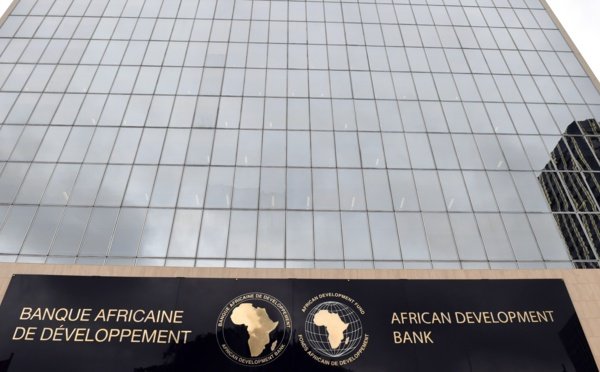The Board of Directors of the African Development Bank has approved the granting of a loan framework, consisting of 27 million dollars and 10 million euros, to co-finance the construction of a 100 megawatt solar plant in Kairouan, Tunisia.
The approval involves $10 million and €10 million from the Bank, as well as $17 million in concessional financing provided through the Sustainable Energy Fund for Africa (https://bit.ly/3dzBXYA ) (SEFA), a special multi-donor fund managed by the Bank. Additional financing will be provided by the International Finance Corporation (IFC), a subsidiary of the World Bank Group, and the Clean Technology Fund (FTC).
The project includes the design, construction and operation of a 100 megawatt solar plant under a “BOO” (build, own, operate) type program. The project is located in El Metbassta in the Kairouan North region, about 150 kilometers south of the capital Tunis. It is one of the five green projects that the government has awarded in 2019.
Kairouan Solar Plant SARL, developed by Dubai-based AMEA Power, is responsible for managing the project.
“The 100 megawatt solar project in Kairouan will not only be a pioneer for other off-grid solar and wind energy projects being developed in Tunisia today, but also a benchmark for the sustainability of renewable energy projects in the country, as it is supported by strong and durable agreements, negotiated over the past three years under extremely onerous market conditions,” said Kevin Kariuki, African Development Bank Vice President for Electricity, Energy, Climate and Green Growth.
“We are delighted to support the first independent solar power generation project in Tunisia,” added Wale Shonibare, Director of Financial Solutions, Energy Policy and Regulation at the African Development Bank, before continuing: “The success of the transaction, which meets the highest standards of economic viability , after months of negotiations with the Tunisian authorities, provides a useful model for future projects that will help the country move closer to the 35% clean energy target set by the government. »
Daniel Schroth, director of the bank’s renewable energy and energy efficiency department, in charge of the SEFA fund, emphasized that SEFA’s favorable terms are likely to absorb the cost increase due to Covid-19 and to maintain project economics at an acceptable level to reach financial closure: “The Kairouan solar project illustrates the catalytic effect of SEFA, which supports promoters in the implementation of sustainable green projects that contribute to Africa’s energy transition,” he said.
The Kairouan solar project is in line with Tunisia’s Nationally Determined Contribution and its goal of reducing carbon emissions by focusing on a transition to renewable energy sources. It also responds to the African Development Bank’s “New Deal” on energy for Africa and one of its strategic priorities, the “High-5s”, “light up and power Africa”.
.
